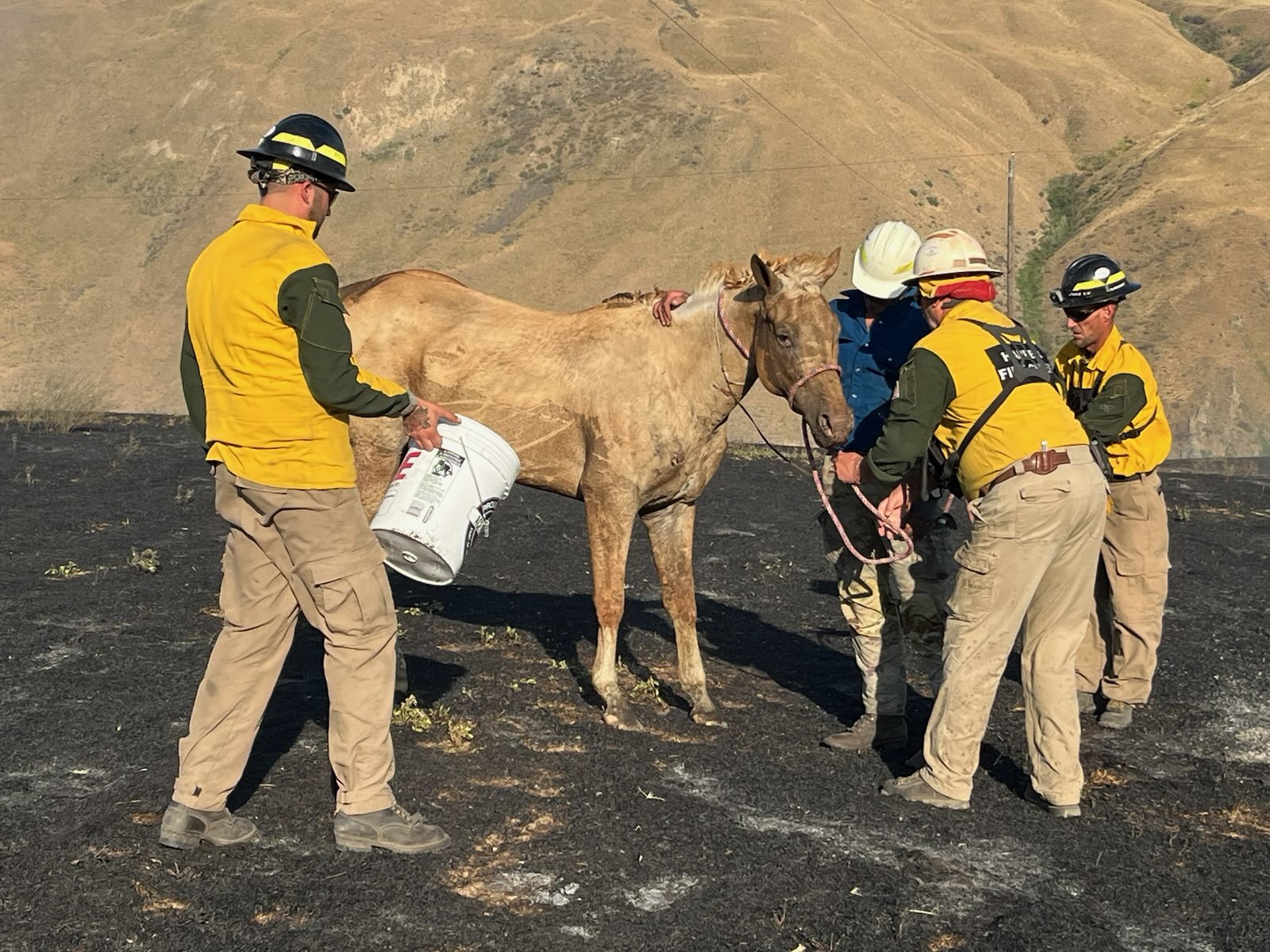SHIFT INTO REVERSE
Published 12:00 am Wednesday, April 23, 2003
By Ray Linker
Trending
Observer Staff Writer
A traditional mortgage for some is just what they want, but when people get older, folks realize they have a lot of equity in their home and look for ways to use it.
Maybe they want to buy that RV they’ve been considering for vacations or even as a place to live in Arizona in the winter. Maybe they just want a new car.
Trending
Or maybe they’ve had some pretty big medical expenses in recent months. Or even run up big credit card charges, including those high interest rates.
There are a few ways homeowners can take advantage of the amount of equity they have in their homes, but not all are well known to the public, bankers say.
One little publicized way and relatively inexpensive way to go, say some local bankers is with what is called a reverse mortgage.
They are written mainly by HUD and Fannie Mae, and while not many are written locally, these loans can be found by working with some local lenders.
However, most local banking institutions will write another type of loan that relies on home equity as collateral but are not true reverse mortgages since they require repayment to begin immediately.
With a true reverse mortgage, there is no payback to the lending institution until the home is sold or is no longer used as the primary residence of the borrower. This is usually at the death of the borrower or when they move into an assisted living center.
Because many seniors’ homes have appreciated considerably in value since their purchase, a reverse mortgage allows a portion of that capital to flow back to the homeowners.
And since the house is the collateral, there is usually no income threshold to qualify for the loan and no mandatory monthly payments to be made.
On the other hand, with a simple home equity loan, the borrower usually has to begin paying back the loan immediately at a fixed rate of interest.
Reverse mortgages offer an alternative for those who are house rich and cash poor, which is generally those who have owned their home for a good while. It’s the reverse of a traditional mortgage because lenders make payments to homeowners.
Reverse mortgages are a great benefit to people these days, with Americans generally living longer and staying more active in their lifestyles for longer periods of time, lenders say. Seniors can even use this banking product to help them afford to stay out of assisted living facilities for a longer period of time, bankers say.
Wells Fargo is one local bank that offers reverse mortgage loans, according to the bank’s Web site. The bank said reverse mortgages work best for people with low mortgage debt or who own their homes outright.
American Finance Corp. also offers these loans, but broker Shawn Konecky said he doesn’t really advertise them and customers "never ask about them."
Sandi Erskine, branch manager and assistant vice president at La Grande’s U.S. Bank, said her company does not do reverse mortgages but makes a lot of "home equity loans or equity line (of credit) loans."
"They represent about three-fourths of our loan volume because its such a flexible product.
"We can do a loan for anybody with equity in their home," Erskine said. "We have a lot of these loans. It is becoming the loan of today. You can get a 20-year loan at 5.99 percent and the fees are only $75 after the first year," she said.
"And we have people of all ages taking out these loans not just seniors."
Erskine said she makes loans to people whose children are ready to go to college, to people who want to buy a car or a retirement (second) home, add a room to their house or take a vacation.
"You’d have to check with your CPA, but some people get these loans to buy an RV and live in for half a year in Arizona and can write the repayment off on their income tax returns."
On these loans, people can get all the money out at once, paying a fixed rate of interest as they repay them.
"Or, on our equity line loans, they can draw out the money as they need it, and as they repay it, it becomes a revolving loan that they can continue to borrow from as they need to," Erskine said. "There are various options to repay."
Kathy Rienti, manager of Allied Mortgage (formerly Republic Mortgage) in La Grande said her company had sources with which to work in getting people reverse mortgages.
"We haven’t made too many of these type of loans in the past, but I think that’s because of the public’s lack of knowledge about them," Rienti said.
To get a loan through Allied, she said, the homeowner(s) must have "a lot of equity in the home, about 75 percent to 80 percent" of the home’s value. Other variables enter into whether or not you can borrow up to the total amount of equity you have in a home. The age of the homeowner is one of the other factors considered, she said.
Neither Community Bank nor Pioneer Bank do reverse mortgage loans specifically, officials at each said. Pioneer will do a home equity loan, said loan officer Annette Aschenbrenner.
So will Bank of America, said local manager Lanita Rasmussen, but with such loans, the borrower has to begin paying back the loan right away. There, too, the loan is based on the available equity in the home. The bank says it does make budgeting easier with a simple fixed-interest rate and fixed loan repayment amount.
BOA, as do other lenders, offers an equity line of credit that works a little like a credit card except that it’s secured by the borrower’s home. They receive an established credit limit with a variable interest rate that the borrower can access using checks and sometimes a credit card. Bank of America offers a special equity credit card that the borrower can use as he or she would use a regular credit card.
Most lenders set a period of time (for example, 10 years) during which the borrower can draw on the line of credit.
According to Jerry Gilmour of Mortgage Market Inc., a full-service mortgage house headquartered in Vancouver, Wash., true reverse mortgages have a positive impact on a lot of seniors.
"Lots of people have a tough time with money and age, and a reverse mortgage is often done when they have run out of options." He said he found that there are a lot of people in their 70s, 80s and even 90s who have huge house payments.
He said that the way Mortgage Market Inc. sets up its reverse mortgages, a homeowner cannot outlive their loan agreement, even if the loan balance grows to exceed the value of the property. Any excess debt is insured by the Federal Housing Administration.
Those looking into reverse mortgages should ask early on what the up-front costs will be, various sources advise. Borrowers should get financial counseling before taking out a reverse mortgage loan, lenders said.
To get a reverse loan, you must be at least 62 years old and any debt against the home must be paid off from the proceeds of the reverse mortgage.
On the Internet:
www.reverse.org
www.hud.gov
www.reversemortgages.dreamsapproved.com









